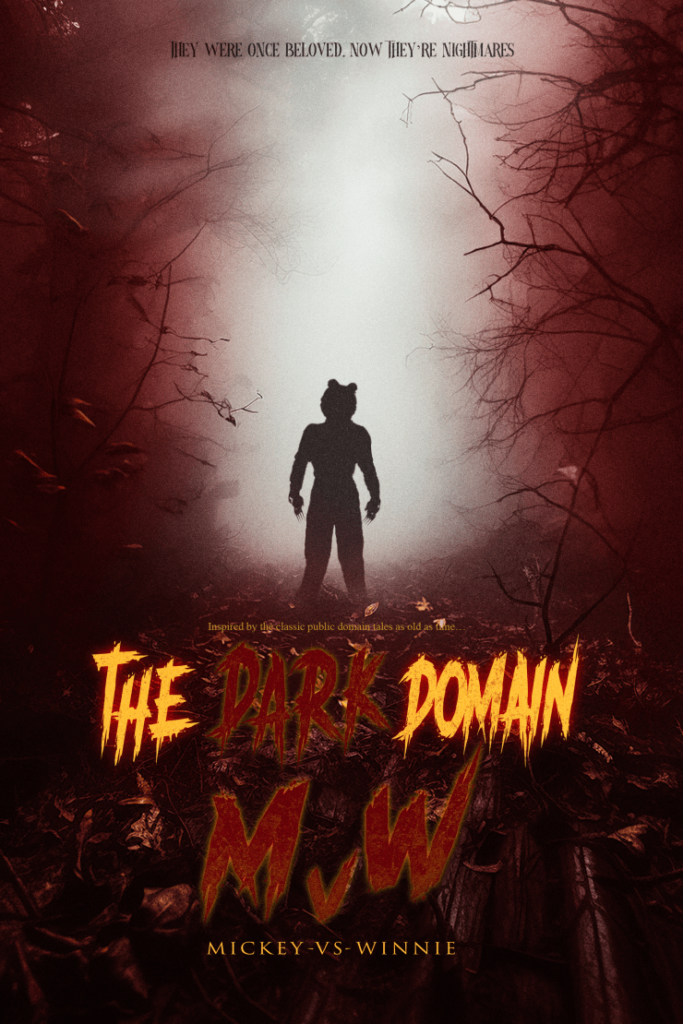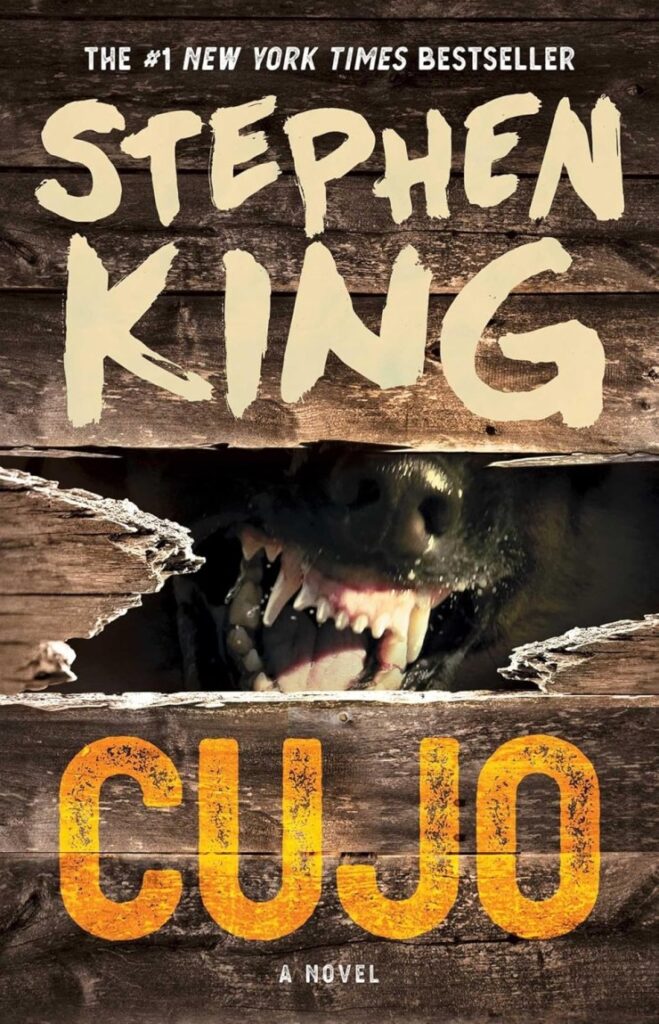Stop me if you’ve heard this before: a well-to-do white family hires a “too good to be true” nanny to help with the children and quickly discovers that she’s not the perfect aide they hoped for.
That’s the plot of both the 1992 movie The Hand That Rocks The Cradle, as well as the new 2025 Hulu remake. Starring Mary Elizabeth Winstead in the Annabella Sciorra role and Maika Monroe in the Rebecca De Mornay role, the new film follows an affluent couple living in LA with their two children, daughter Emma (Mileiah Vega) and baby Josie (Nora Contreras and Lola Contreras).
Early in the film, there’s some vague dialogue between Caitlin Morales (Winstead) and her husband Miguel (Raúl Castillo) about her troubles following Emma’s birth, hinting at issues of depression and paranoia. Initially, this suggests that screenwriter Micah Bloomberg is going to lean into the hysterical woman trope, so it’s a testament to The Hand That Rocks The Cradle that Caitlin is presented, for the most part, as a capable, albeit overwhelmed, mother and lawyer.
The film opens with a scene of Caitlin meeting and advising Polly (Monroe) at a pro bono Tenants’ Rights Event. Outside in her car, Caitlin goes into labor, and the film jumps ahead to a point when Caitlin is back on her feet, but struggling. A near miss involving Chekhov’s stop sign proves that she needs a little extra help, and so, enter Polly, first as a babysitter and eventually as the live-in au pair.

Bloomberg’s screenplay does a solid job of introducing the cracks in the Morales family early on. There are intimacy issues between husband and wife (which can be expected after a newborn), and Emma is a willful child who isn’t afraid to scream at her mother. Though Caitlin and Miguel’s relationship is supportive and features plenty of open communication, there’s also a suggestion that Caitlin’s rigid approach to child rearing, as well as her past mental health issues, are cause for concern for Miguel.
Obviously, these are all fissures for Polly to exploit when she inserts herself into the family’s life and begins to systematically dismantle their relationships. Polly swaps out Caitlin’s depression meds, feeds Emma sugar, and, at one point, she even poisons the stew at a dinner party.
Audiences expecting sequences on par with the original film’s greenhouse sequence should temper their expectations, especially if the goal is to see Maika go off the rails. That’s because, unlike the original, which introduced De Mornay’s Peyton in a sympathetic light before quickly turning her into a full-blown villain, Polly isn’t a straightforward monster. The remake of The Hand That Rocks The Cradle is a much more grounded affair because the film has a legitimate interest in the complicated relationship between Caitlin and Polly.

As the housewife slowly begins to peel away the layers of Polly’s deception, aided by her work husband, Stewart (Martin Starr), it’s revealed that Polly has her own traumatic backstory. Despite a heel turn featuring explicit violence around two-thirds through the film and a climax featuring the women’s explosive face-off, most of the film positions Caitlin and Polly as two-sides of the same socio-economic coin. Caitlin happened to come out somewhat unscathed and well-off, whereas Polly has been struggling all of her life.
Polly’s envy of Caitlin’s life extends beyond mere coveting, though. It’s also queer.
To be clear, this isn’t mere coding; it’s canonical in the text. From Caitlin’s confession that she was dating a woman before she met Miguel to multiple instances where the women touch, exchange clothes and mimic each other’s hairstyles to a voyeuristic sequence when Caitlin spies on a sexual encounter between Polly and Amelia (Yvette Lu), it is evident that beneath the jealously, deception, and lies, there’s also an undeniable level of attraction between Caitlin and Polly.

Cinematographer Jo Willems and director Michelle Garza Cervera (who knows a thing or two about motherhood and queerness, as evidenced by Huesera: The Bone Woman) shoot the film in soft focus, emphasizing the cool blue, brown, and grey tones of the Morales’ incredible wooden and glass house. Much of the film has a slight hazy blur on the periphery of the frame, and – in several scenes – there’s a visual effect akin to witnessing the action through the bottom of a glass. This helps to reinforce both the cold and anti-septic “perfect life” façade that Caitlin has cultivated, but also her wavering grip on reality.
Whereas the original film was a conventional warning to white middle-income audiences about opening your home to outsiders, 2025’s The Hand That Rocks The Cradle is a grounded contemplation of motherhood, marriage, and female relationships.
Although the film ultimately reaches a slightly conventional violent apex in the last act, it never loses its interest in the humanity of its female leads. Audiences hoping for a catty smackdown between Winstead and Monroe may find this low-key approach a little underwhelming, but Cervera and Bloomberg have actually crafted something more interesting and contemporary: a well-shot thriller that values the flawed complexity of its characters.
The Hand That Rocks The Cradle is now streaming on Hulu.

The post ‘The Hand That Rocks The Cradle’ Review – Hulu Remake Dials Back the Crazy appeared first on Bloody Disgusting!.


